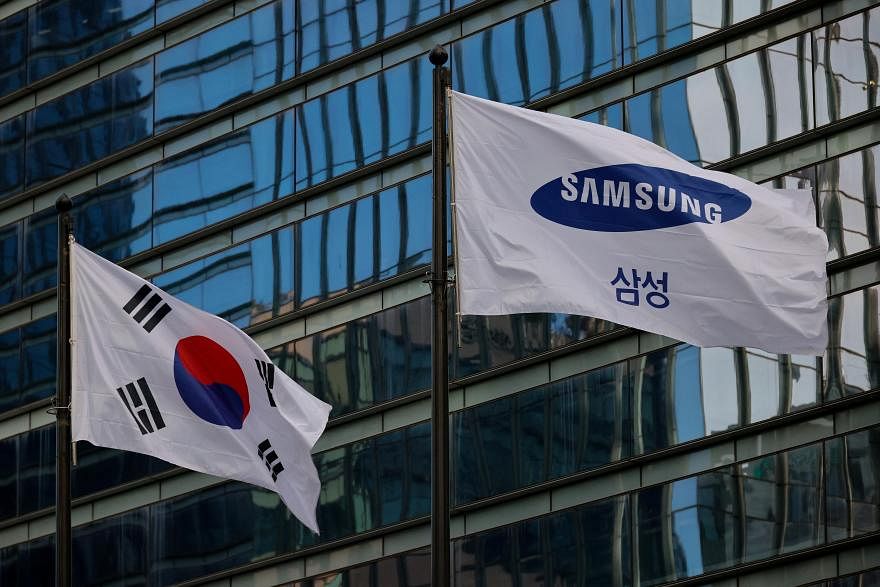THE United States plans to award more than US$6 billion to Samsung Electronics, helping the chipmaker expand beyond a project in Texas it has already announced, according to sources familiar with the matter.
The money from the 2022 Chips and Science Act would be one of several major awards that the Commerce Department is expected to announce in the coming weeks, including a grant of more than US$5 billion to Samsung’s Asian rival, Taiwan Semiconductor Manufacturing Company (TSMC), sources familiar with the plans said earlier. The sources spoke on condition of anonymity in advance of the official announcements.
The federal funding for Samsung, South Korea’s leading chipmaker, would come alongside significant additional US investment by the firm, the sources said. In 2021, the company announced a US$17 billion project in Taylor, Texas, near an existing Samsung plant in Austin. It is not yet clear where the additional investment would be located.
The pending announcement only represents a preliminary agreement that could still change, and no final decision has been made. Samsung and the Commerce Department declined to comment, while the White House did not respond to a request for comment.
The Chips Act set aside US$39 billion in direct grants – plus loans and loan guarantees valued at US$75 billion – to persuade the world’s top semiconductor companies to make chips on American soil after decades of production abroad.
The Commerce Department earlier announced three Chips Act grants to producers of older-generation semiconductors. Officials have been negotiating for months with makers of cutting-edge chips that will fuel the artificial intelligence boom, and have set aside about US$28 billion for those advanced projects, Commerce Secretary Gina Raimondo has said.
Intel – the main American competitor to Samsung and TSMC – has been in talks for a Chips Act package of more than US$10 billion spanning both grants and loans. Intel’s incentive deal is expected to be announced next week, one of the sources said, with the other advanced chipmakers set to follow.
It is not clear whether companies beyond Intel are in line to receive loans or financing guarantees. Samsung has indicated that it is not interested in loans, according to sources familiar with the matter.
There is also the separate issue of US$3.5 billion in Chips Act grants for production of military chips – money that is expected to go to Intel and has thrown a wrench in negotiations over the past few weeks after the Pentagon pulled out from its portion of the funding.
Samsung previously said its Taylor site is slated to begin mass production this year, but that timeline is reportedly being delayed to 2025. Company officials have since said that they cannot confirm the mass production schedule.
Samsung has touted its economic impact on the Austin region, which rose to US$26.8 billion in 2023 from US$13.6 billion the year before, according to a third-party report the firm published last month. BLOOMBERG







